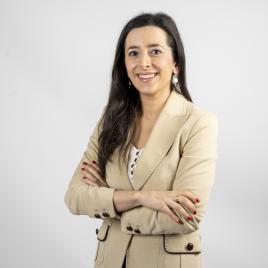Learning Outcomes
This seminar seeks to rethink traditional features of constitutional theory and constitutional law in the light of globalization. In the same way we can identify a developing pan-European constitutional order, so can we recognize the evolution of new legal, institutional and normative global processes. Students will be able to critically reflect on current constitutional challenges, such as: how sovereignty, democracy, and the concept of nation-state are being metamorphosed by increased supranational integration; state’s loss of centrality to the sphere of influence of international institutions, transnational non-governmental organizations or multilateral companies; the impact of judicial and economic globalization on the domestic legal orders; the interactions between supranational organizations and domestic constitutional law; how global scholarship is moving from clear-cut division between national and international law to refined concepts of interdependence between several constitutional layers of law.
Syllabus
- Transnational constitutional law
a) Core meaning;
Overlapping concepts (common constitutional traditions, comparative constitutional law, foreign/domestic constitutional law, international law);
c) Is constitutional law universal? Constitutional sovereigntists versus global constitutionalists.
- Supranational integration beyond the state
a) European Union;
b) Regional International Law (Council of Europe);
c) International Global Law.
- International convergence of constitutional norms and transjudicial dialogue
a) Which liberal democracies count? Only Europe and North America? Advocacy of a genuine transnational and cross-cultural dialogue;
b) United States exceptionalism, originalism and aversion to comparative constitutional law;
c) Transition to comparative constitutional studies (relevance of joining theory and data - towards joint normative and empirical studies).
- Transnational law in context (global agencies, internet law, antiterrorism law).




